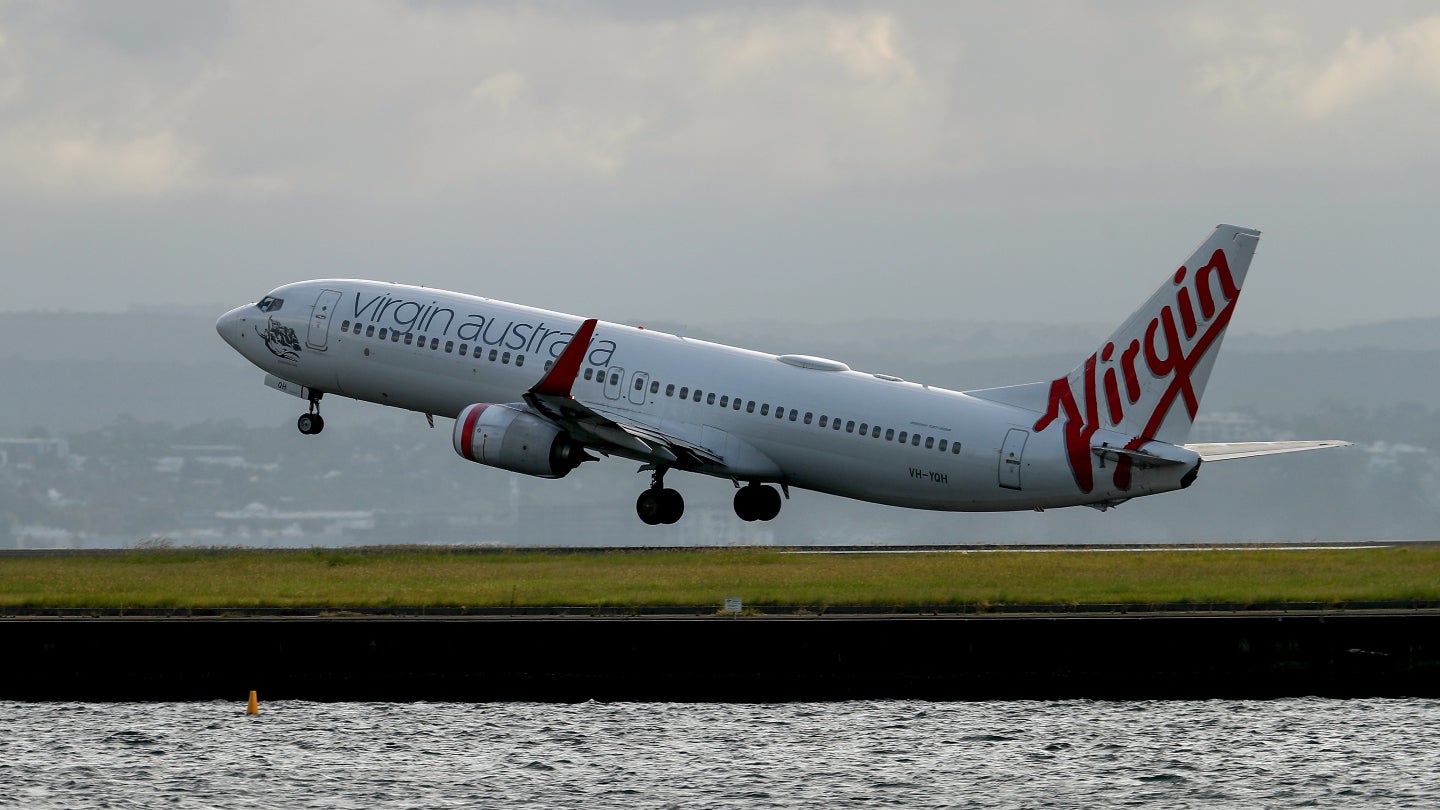
Growing recognition within the airline industry that eye-watering levels of investment are needed for it to reach net-zero emissions by 2050 – and help the world maintain a good chance of limiting global temperature rise to 1.5°C above pre-industrial levels – has seen the potential impact on ticket prices gradually come into focus.
Last year’s Making Net-Zero Aviation Possible report from the Mission Possible Partnership of climate leaders and companies driving industrial decarbonisation put the cost of achieving net zero within the aviation industry at an average of $175bn a year between 2022 and 2050. That is in the region of $5trn altogether – a tab that airlines will not be able to foot without raising prices for customers.
Of that, Virgin Australia Airlines’ head of sustainability Christian Bennett was quoted in an article by Bloomberg last week as saying: “We need to be very upfront with passengers about what this will all mean.”
Bloomberg noted that the figure “could wipe out global airline revenue for the best part of a decade” and has suggested hundreds of dollars will need to be added to the price of some flights to avoid that.
Of course, airlines know that decarbonisation must happen, and indeed there is a desire to enact it.
Nick Wyatt, head of research and analysis for travel and tourism at GlobalData, Energy Monitor’s parent company, commented: “The airline industry has long been the target of ire from environmental activists, but the criticism has certainly not fallen on deaf ears.

US Tariffs are shifting - will you react or anticipate?
Don’t let policy changes catch you off guard. Stay proactive with real-time data and expert analysis.
By GlobalData“Airlines are investing in newer, more fuel-efficient fleets, and sustainable aviation fuel (SAF) is also the focus of investment for airlines and some airports. Qatar Airways’ recent deal for SAF at Amsterdam Schiphol shows that things are moving in the right direction, but there are costs associated with a transition to greener technologies.
“Some of this may need to be passed on to travellers, at least in the short term. Normally price increases are not met with great enthusiasm, but, given that many consumers extol the virtues of environmentally friendly solutions, we may see a greater willingness to accept them for this purpose.”
GlobalData research backs up Wyatt's outlook, showing that, last year, the environment, climate change and energy ranked among the top 20 key themes of over 120 mentioned in filings from within the travel and tourism industry.
In addition, climate change and the environment rank third and fourth in the top-gaining themes mentioned in job listings over the past month, rising 27% and 19%, respectively. This indicates that concerns are being addressed with action.
Despite this, airlines remain in an unenviable situation. The status quo is not an option, and the only viable alternative could have a major impact on sales and revenues.
The scale of the challenge was outlined in GlobalData’s ESG in Travel & Tourism (2022) report, which noted: “Several major global airlines have announced their intentions to reach net-zero carbon emissions by 2050, in line with the target for the global economy. This target will be hard to reach for an industry that is viewed as one of the heaviest polluters in the travel and tourism sector, and the entire global economy. In recent years, the aviation industry has accounted for roughly 2% of global emissions, and frequent flyers tend to have far bigger carbon footprints in comparison to infrequent flyers.”
Our signals coverage is powered by GlobalData’s Disruptor data, which tracks all major deals, patents, company filings, hiring patterns and social media buzz across our sectors. These signals help us to uncover key innovation areas in the sector and the themes that drive them. They tell us about the topics on the minds of business leaders and investors and indicate where leading companies are focusing their investment, deal-making and R&D efforts.



